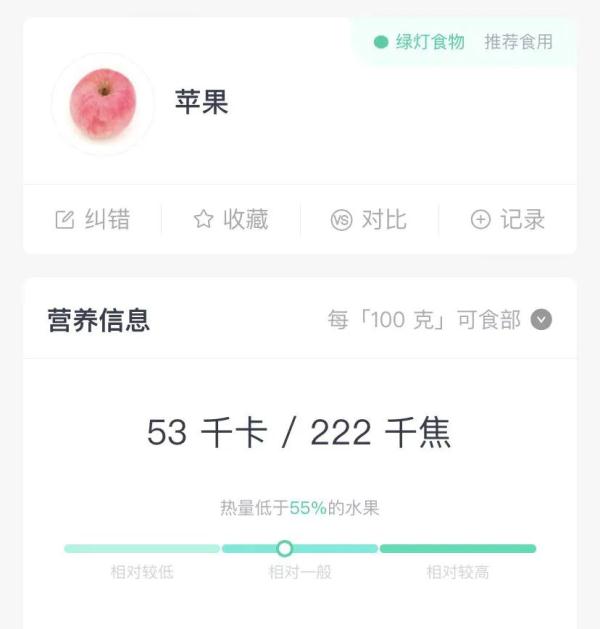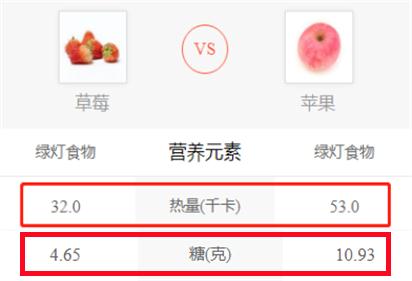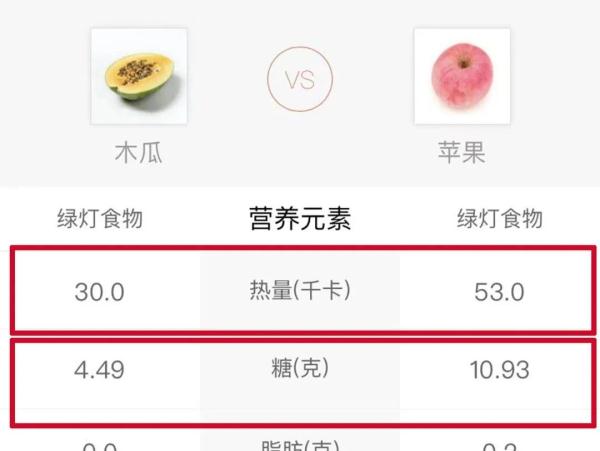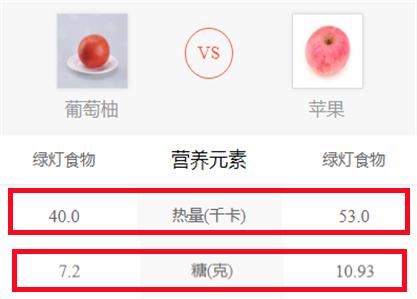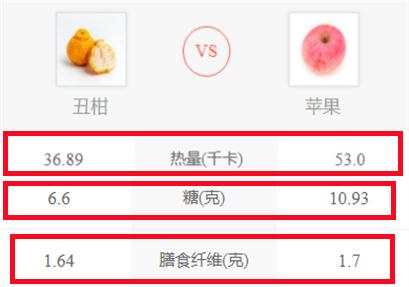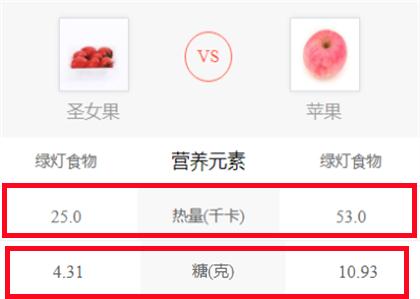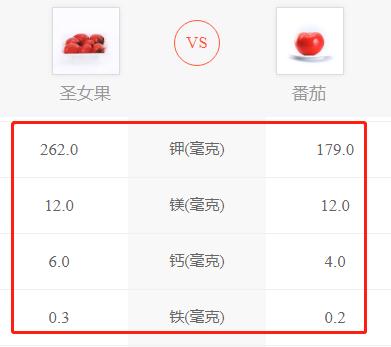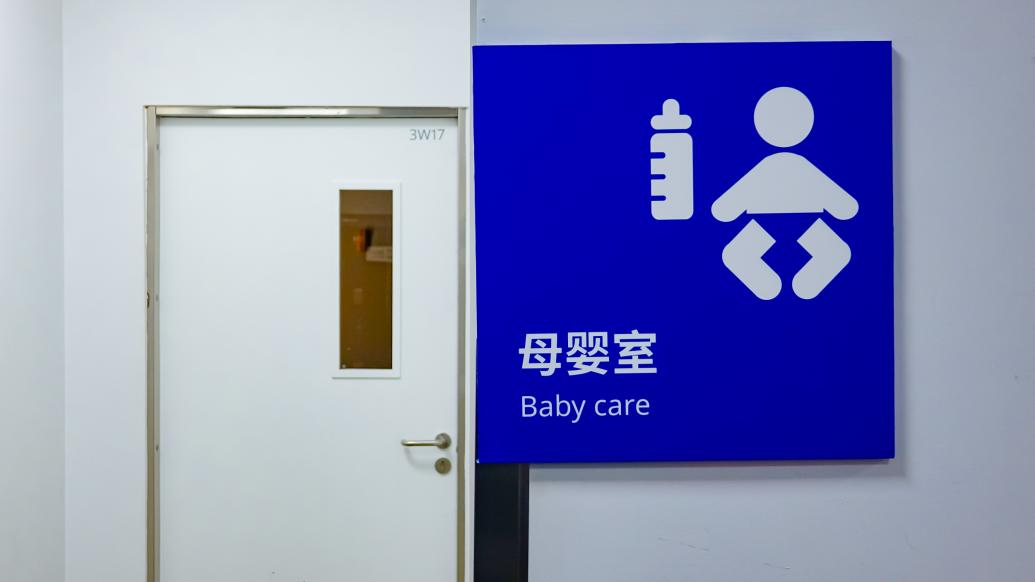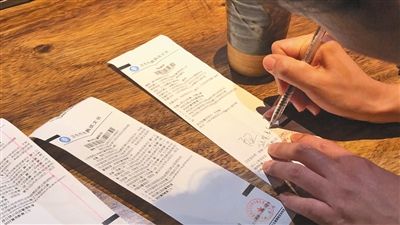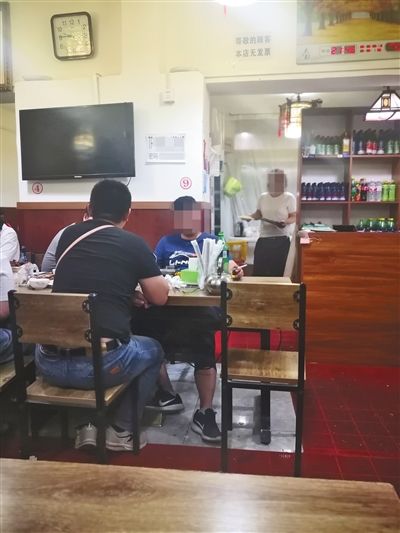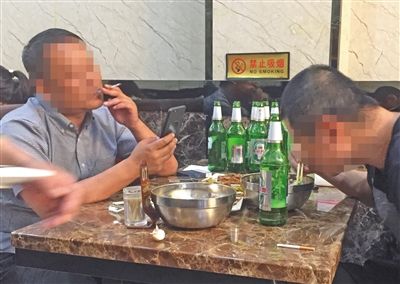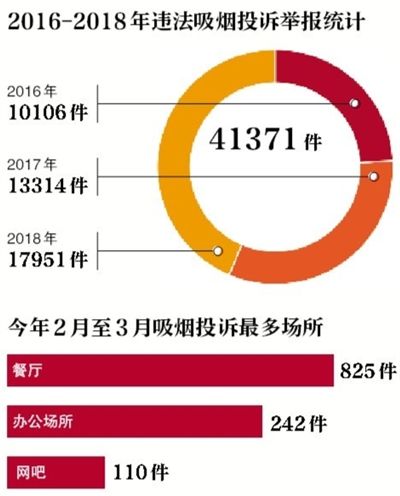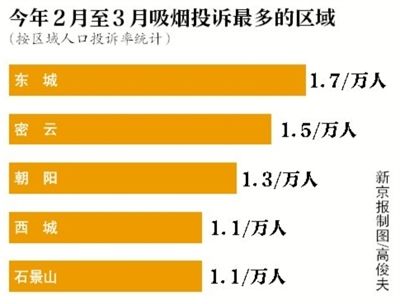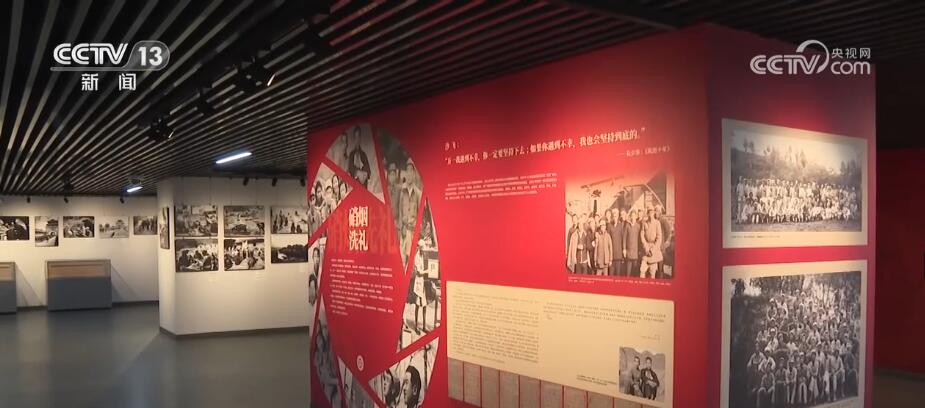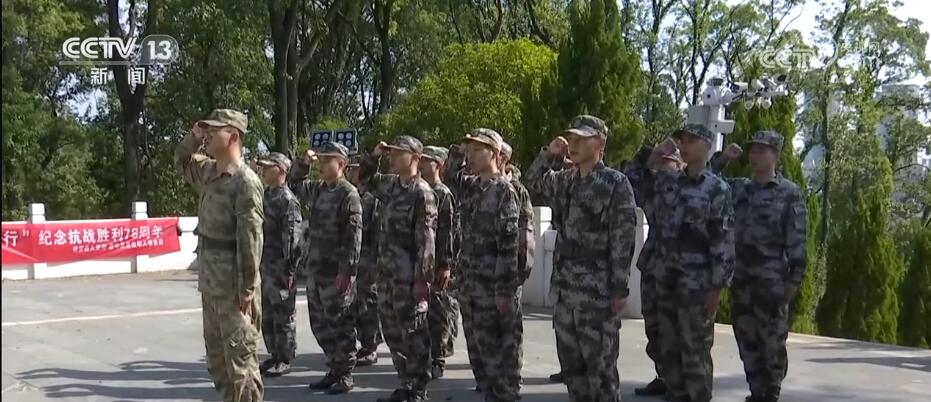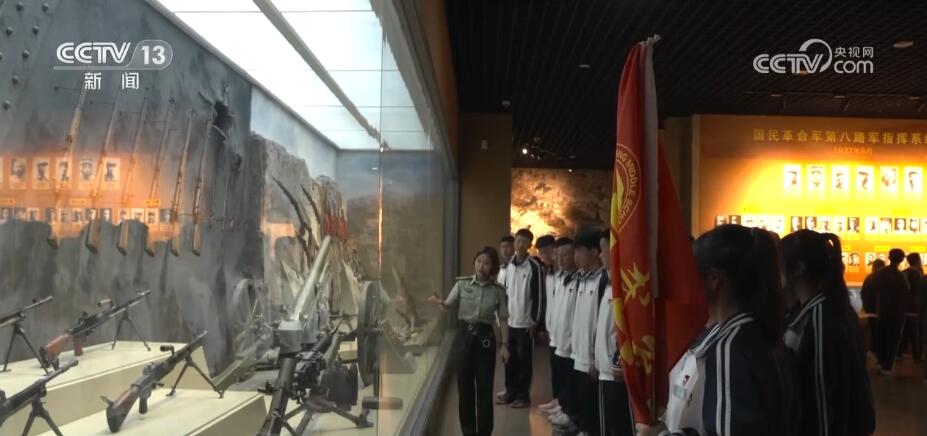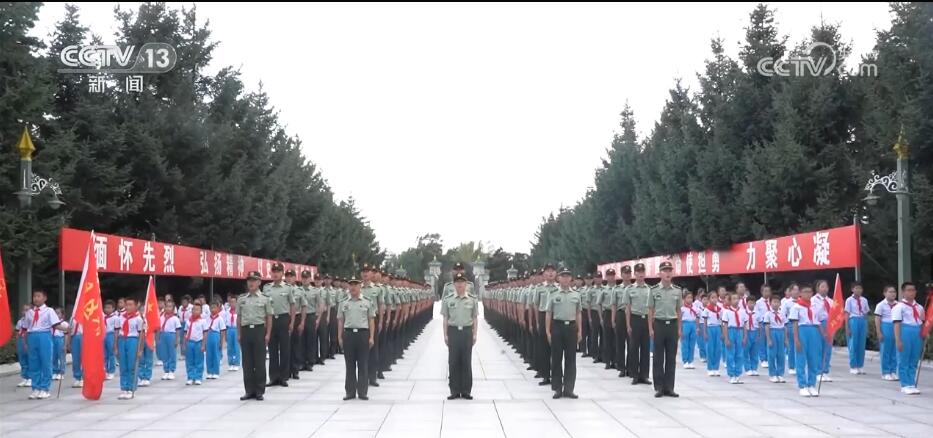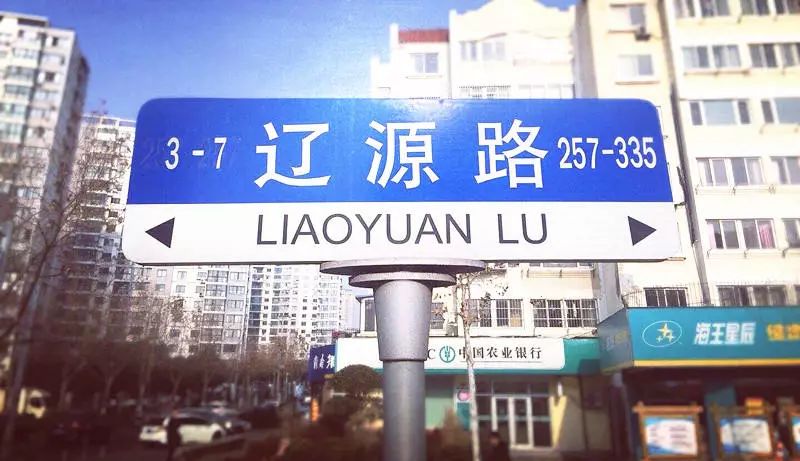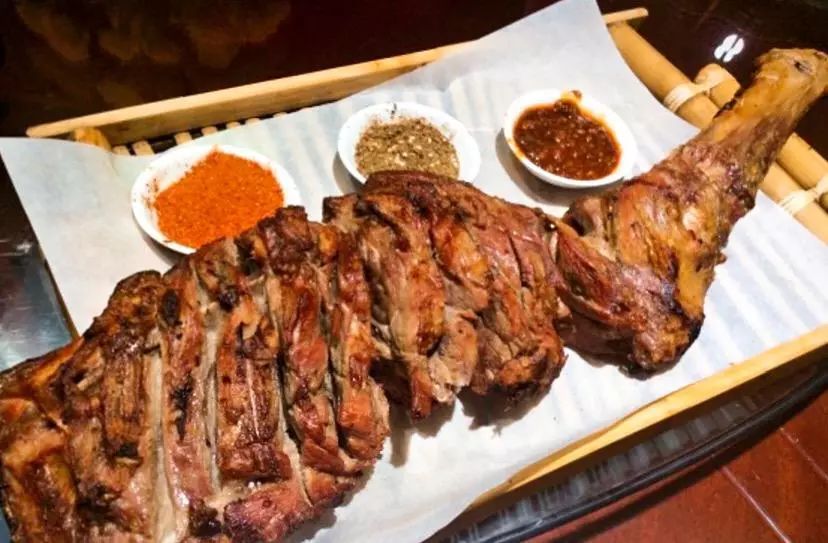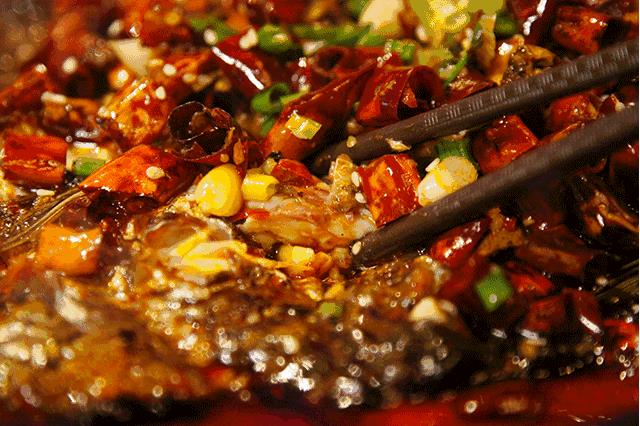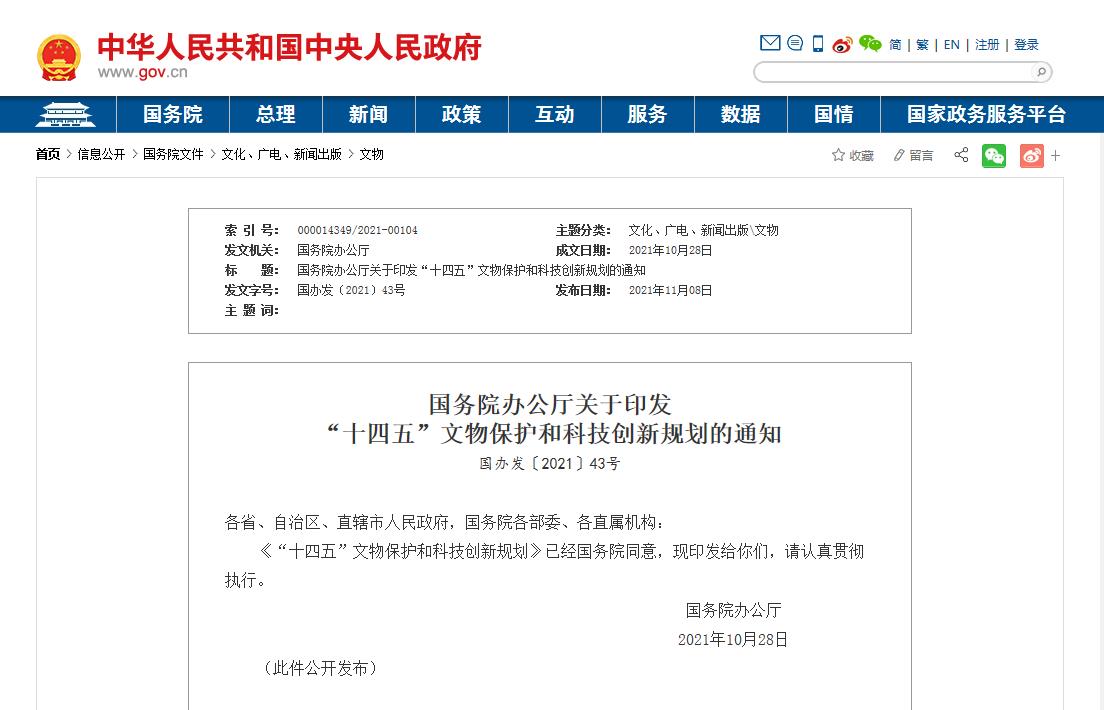
People’s governments of all provinces, autonomous regions and municipalities directly under the Central Government, ministries and commissions and institutions directly under the State Council:
The 14th Five-Year Plan for Cultural Relics Protection and Scientific and Technological Innovation has been approved by the State Council, and is hereby issued to you, please implement it carefully.
the General Office of the State Council
October 28, 2021
(This piece is publicly released)
Cultural relics protection and scientific and technological innovation planning in the "14 th Five-Year Plan"
In order to implement the spirit of the important instructions of the Supreme Leader General Secretary on the work of cultural relics and strengthen the work of cultural relics protection and scientific and technological innovation during the 14th Five-Year Plan period, this plan is formulated according to the Law of People’s Republic of China (PRC) on the Protection of Cultural Relics, the 14th Five-Year Plan for People’s Republic of China (PRC)’s National Economic and Social Development and the Outline of Long-term Goals in 2035, and the decision-making arrangements of the CPC Central Committee and the State Council.
I. Development environment
During the "Thirteenth Five-Year Plan" period, all localities and departments made solid progress in cultural relics work and made remarkable progress in cultural relics undertakings. The first national survey of movable cultural relics was completed, and 108 million movable cultural relics were registered in the country. The State Council approved and announced the eighth batch of national key cultural relics protection units. The preservation of cultural relics continued to improve, and the overall security situation was stable. Important progress has been made in scientific research and technological innovation in the field of cultural relics. Archaeological and historical research has yielded fruitful results. The protection and utilization of revolutionary cultural relics have been comprehensively strengthened. The cause of museums has developed rapidly, and the reform of social cultural relics management has been steadily advanced. With the deepening of the activation and utilization of cultural relics, the social consensus on the protection of cultural relics has gradually deepened. The international exchange and cooperation of cultural relics has expanded in depth, and China’s influence in the field of international cultural heritage is increasing day by day. The legal system for the protection of cultural relics has been improved day by day, the protection and management forces have been continuously strengthened, the governance capacity and level have been improved, and the work pattern of party Committee leadership, government responsibility, departmental coordination and social participation has been continuously improved. The cultural relics cause has made important contributions to carrying forward China’s excellent traditional culture and building a Chinese dream together.
The "Fourteenth Five-Year Plan" period is the first five years for China to start a new journey of building a socialist modern country in an all-round way, and it is also a crucial period for promoting the construction of a strong socialist cultural country and promoting the leap from a country with cultural relics resources to a country with cultural relics protection and utilization. The international environment is becoming more and more complex, and the uncertainty is increasing significantly. It is necessary to give full play to the unique advantages of cultural relics work, show a true three-dimensional and comprehensive China, enhance the influence of Chinese culture, and contribute to building a community of human destiny. The development of cultural relics is in an important period of strategic opportunities, and the work of cultural relics has a glorious mission and great responsibility. China has entered the stage of high-quality development, the security situation of cultural relics is still grim, the ranks and professional strength of protection and management institutions are still weak, the scientific and technological innovation ability and application level of cultural relics need to be improved urgently, the role of archaeology in empirical Chinese civilization history and cultural research needs to be strengthened urgently, the problem of insufficient protection and utilization of cultural relics still exists, and the reform tasks in key areas such as cultural relics resource management, value interpretation, law enforcement supervision and folk collection are still arduous.
Second, the overall requirements
(1) Guiding ideology.
Hold high the great banner of Socialism with Chinese characteristics, adhere to the guidance of the Supreme Leader’s Socialism with Chinese characteristics Thought in the new era, thoroughly study and implement the spirit of the 19th National Congress of the Communist Party of China and the Second, Third, Fourth and Fifth Plenary Sessions of the 19th Congress, conscientiously implement the spirit of the important instructions of the Supreme Leader’s General Secretary on cultural relics work, strengthen the "four consciousnesses", strengthen the "four self-confidences", achieve "two maintenance", base on the new development stage, implement the new development concept and build a new development pattern. Focusing on the mission of raising flags, gathering people’s hearts, cultivating new people, promoting culture and displaying image, we will implement the policy of "protection first, rescue first, rational utilization and strengthening management", with the theme of promoting the high-quality development of cultural relics, deepening the reform of cultural relics protection and utilization as the main line, and strengthening the scientific and technological innovation of cultural relics and the construction of talent team as the driving force, comprehensively strengthen the research and utilization of cultural relics protection, comprehensively deepen the understanding of Chinese civilization and comprehensively enhance the influence of Chinese culture. We will comprehensively promote the modernization of the cultural relics management system and governance capacity, strive for progress steadily, be honest and innovative, and embark on a road of cultural relics protection and utilization that is in line with national conditions, and make greater contributions to realizing the Chinese dream of the great rejuvenation of the Chinese nation.
(2) Basic principles.
— — Adhere to the overall leadership of the party. Adhere to the fundamental system of Marxism’s guiding position in the ideological field, adhere to and improve the system and mechanism of the party leading the development of cultural relics, firmly establish the scientific concept that protecting cultural relics is also a political achievement, and give play to the leading role of the party in overall planning and coordinating all parties in cultural relics work to provide a fundamental guarantee for the high-quality development of cultural relics.
— — Adhere to the people as the center. Widely mobilize social forces to participate in the protection and utilization of cultural relics, actively promote the integration of cultural relics protection and utilization into the people’s production and life, and ensure that cultural relics protection and utilization serve and rely on the people, constantly meet the people’s growing needs for a better life, and enhance the people’s spiritual strength.
— — Adhere to the protection and utilization according to law. Always put protection first, improve the legal system and law enforcement mechanism for the protection and utilization of cultural relics, implement the main responsibilities of governments at all levels, strictly observe the red line of cultural relics safety, ensure the safety of cultural relics, safeguard the safety of the surrounding environment of cultural relics, and enhance the awareness of the rule of law in the protection of cultural relics in the whole society.
— — Adhere to the guidance of scientific and technological innovation. To strengthen the protection of cultural relics, we must rely on the development concept of science and technology, improve the ecological innovation of cultural relics, persistently strengthen basic research, accelerate the urgent need for technical research and application, strengthen personnel training and interdisciplinary cooperation, and promote the protection and utilization of cultural relics to improve quality and efficiency.
— — Insist on deepening reform. Comprehensively deepen various reforms in the field of cultural relics, strengthen the protection of cultural relics and the construction of archaeological forces, reasonably guarantee the treatment of personnel, solve the bottleneck problems that restrict the better play of cultural relics, and strengthen reform measures that are conducive to improving the efficiency of resource allocation and mobilizing the enthusiasm of the whole society, so as to make cultural relics alive and stimulate cultural innovation and creativity.
— — Adhere to the concept of system. Coordinate development and security, coordinate the efforts of the central, local and all parties, coordinate protection and utilization, make efforts to supplement the strengths and weaknesses, coordinate and strengthen the forces of archaeology, cultural relics protection, safety prevention, research, display and dissemination, accelerate the construction of cultural relics discipline system, academic system and discourse system, and promote system integration.
(3) Main objectives.
By 2025, the security situation of cultural relics will be obviously improved, the level of cultural relics protection will be improved in an all-round way, the scientific and technological innovation ability of cultural relics will jump, the strength of cultural relics institutions will be enhanced, the structure will be optimized, the vitality of social participation in the cultural relics field will continue to glow, and the modernization of cultural relics governance system and governance capacity will be initially realized. Archaeological construction with China characteristics, China style and China style has been continuously promoted, and the Chinese cultural genes contained in cultural relics have been better explored and explained. The application system for the protection and management of revolutionary cultural relics is basically sound, and its important role has been better played. A museum system with reasonable layout, optimized structure, distinctive features, perfect system and complete functions was initially formed, and the quality of museum development was significantly improved. Social cultural relics management services have been more optimized, and the cultural relics market has developed healthily and orderly. The important role of cultural relics work in strengthening cultural self-confidence, expanding the influence of Chinese culture and casting a solid sense of the Chinese nation’s community has become increasingly prominent, and the achievements of cultural relics protection have better benefited the people. Form a cultural relics protection and utilization system with full coverage of resource management and more complete laws and regulations, and embark on a road of cultural relics protection and utilization in line with national conditions.
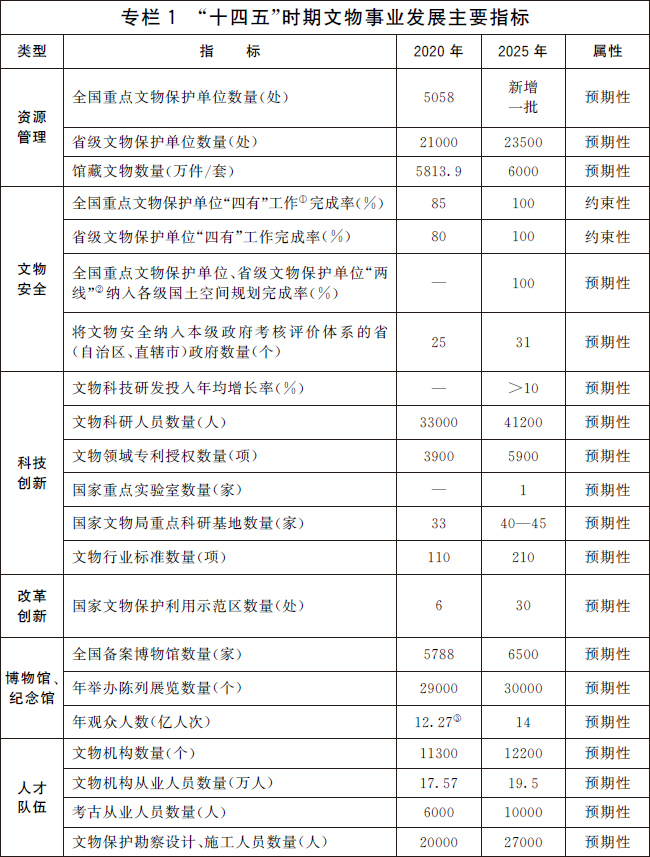
Note: ① The "four haves" work refers to delineating the necessary protection scope, making signs, establishing records and files, and setting up specialized institutions or special personnel to manage them.
② "Two Lines" refers to the scope of protection and the construction control zone.
③ 1.227 billion person-times are the data of 2019. In 2020, affected by the COVID-19 epidemic, the annual audience number is 540 million.
Looking forward to 2035, China will build a cultural relics protection and management system that is compatible with the goal of building a cultural power. Scientific and technological innovation and talent team construction will strongly support the research and utilization of cultural relics protection. Archaeological achievements prove China’s 10,000-year cultural history and 5,000-year civilization history. The construction of a museum power has achieved remarkable results, the red gene has been effectively passed down, the influence of Chinese culture rooted in profound historical and cultural heritage has been greatly enhanced, and the self-confidence of national culture has been significantly enhanced.
Three, strengthen the management of cultural relics resources and cultural relics safety work.
Adhere to ensuring the safety of cultural relics resources as the core, coordinate the management of cultural relics resources at all levels, enhance protection capabilities, strengthen law enforcement inspectors, severely crack down on and prevent cultural relics crimes, and keep the bottom line of cultural relics safety.
(1) Improve the management system of cultural relics resources.
Improve the registration system of cultural relics, improve the procedures of investigation, declaration, identification, registration, grading, publication, demotion and revocation of cultural relics, sort out the legal naming system of cultural relics, establish a national catalogue of cultural relics resources and make a good connection with the general survey of Chinese cultural resources. Improve the management mechanism of immovable cultural relics resources, approve and publish the ninth batch of national key cultural relics protection units, and promote the identification of immovable cultural relics according to the results of cultural relics survey and special investigation. In the national spatial planning, the space control measures for the protection of immovable cultural relics are implemented, and the scope of protection of cultural relics protection units, construction control zones, underground cultural relics burial areas, underwater cultural relics protection zones, etc. are delineated as a whole, and incorporated into the "one map" of the national spatial planning. We will improve the management mechanism of movable cultural relics resources, improve the collection, registration and grading mechanism of museum collections, do a good job in the investigation of folk collections of cultural relics, carry out special investigations on the loss of overseas cultural relics resources, and optimize the transfer system of archaeological unearthed cultural relics and cultural relics involved. Conduct a survey of revolutionary cultural relics resources. Strengthen the protection of military cultural relics, industrial heritage, agricultural cultural heritage, water conservancy heritage and scientific and technological heritage. Led by the Ministry of Housing and Urban-Rural Development, National Cultural Heritage Administration will further improve the protection mechanism of historical and cultural cities, towns and villages, historical and cultural blocks and historical buildings.
(two) the construction of national cultural relics resources database.
Systematically integrate the national immovable cultural relics database, the national movable cultural relics survey database, the revolutionary cultural relics database, etc., and strengthen the application of big data on cultural relics resources. Incorporate the spatial information of cultural relics resources into the basic information platform of national land space. Strengthen the digital protection of cultural relics, focusing on world cultural heritage, national key cultural relics protection units and first-class cultural relics in the collection, and promote the collection, display and utilization of high-definition data of relevant cultural relics information. Improve the national archaeological excavation information management system. Establish a standard system for digitalization of cultural relics, improve data management and open sharing mechanisms, and increase the protection of cultural relics data. Support the construction of information infrastructure in national and provincial cultural relics data centers and key cultural and cultural institutions, and strengthen the construction of new infrastructure in the field of cultural relics.
(3) Improve the long-term mechanism of cultural relics safety.
Incorporate the safety of cultural relics into the evaluation system of local governments at all levels, explore the implementation of the "long-term system of cultural relics", establish and improve the responsibility system for cultural relics safety, improve the mechanism of departmental cooperation and consultation, strengthen information sharing, and implement the announcement and publicity system for those directly responsible for cultural relics safety. Improve the standard system of cultural relics safety system and improve the construction, management and maintenance level of safety protection facilities. Establish a safety risk assessment and early warning mechanism for key cultural and cultural institutions, implement risk level management, and effectively prevent accidents such as fires, crowded people and trampling. Strengthen the public security prevention of cultural relics units, continue to carry out special actions to combat cultural relics crimes, and improve the joint long-term mechanism to combat and prevent cultural relics crimes. Carry out the investigation and rectification of hidden dangers of cultural relics fire and the comprehensive risk investigation of natural disasters such as earthquakes, geological disasters and floods, implement earthquake-resistant reinforcement, prevention and control of geological disasters and other projects, establish and improve the comprehensive risk monitoring and evaluation system of cultural relics disasters, clarify the responsibility of fire protection and flood control safety of cultural relics, strengthen the construction of fire protection facilities, fire water sources, fire truck passages, flood control and waterlogging prevention facilities and emergency response forces, strengthen the identification and control of fire and flood risks, popularize scientific and applicable technical and physical prevention measures, and improve the level of emergency management.
(four) to strengthen the cultural relics administrative law enforcement inspectors.
Strengthen the strength of cultural relics inspectors, carry out pilot projects of national cultural relics inspectors, increase scientific and technological support for cultural relics inspectors, and continue to implement special inspections and joint inspections. Strengthen the duties of inspectors of provincial cultural relics administrative departments, implement the responsibilities of cultural relics administrative law enforcement of comprehensive law enforcement teams in the city and county cultural markets, and strengthen law enforcement cooperation between cultural relics administrative departments and comprehensive law enforcement teams in the cultural markets. Improve the cultural relics administrative law enforcement case guidance, file evaluation, administrative law enforcement and criminal justice convergence, social supervision mechanism. Standardize the reporting process of cultural relics violations and increase the accountability of major illegal cases.
(five) to improve the scientific and technological level of cultural relics safety and law enforcement inspectors.
Implement the cultural relics safety project, and increase the research and development and application of early warning technologies against theft and excavation, such as ancient sites, ancient tombs and cave temple stone carvings, and the allocation of related equipment. Strengthen the application of information technology and emergency management system for fire prevention and control, flood monitoring and early warning, earthquake and geological disaster prevention and control in museums and cultural relics buildings. Strengthen the application of satellite remote sensing, drones, big data and other scientific and technological means in cultural relics safety monitoring and law enforcement inspectors.
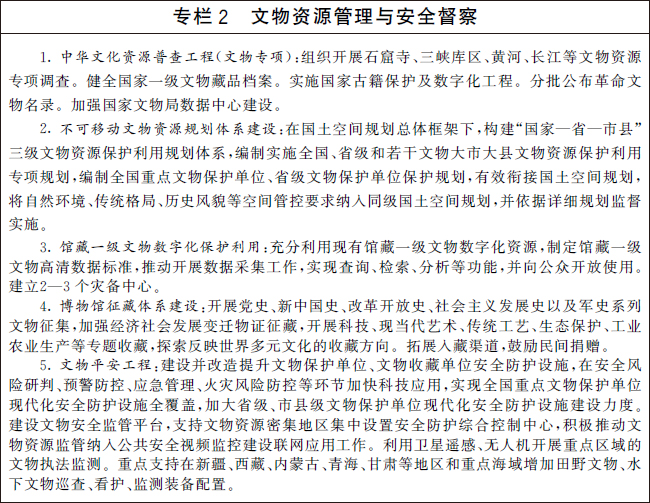
Fourth, comprehensively strengthen scientific and technological innovation of cultural relics
Adhere to the guidance of scientific and technological innovation, follow the law of cultural relics protection and archaeological characteristics, increase the input of factors, optimize the allocation of resources, strengthen multidisciplinary coordination, build a deeply integrated cultural relics scientific and technological innovation system in Industry-University-Research, promote the construction of industry standard system, improve the cultural relics scientific and technological innovation ability and the level of scientific and technological application in the cultural relics field, drive to solve key difficulties and bottlenecks, and support and lead the high-quality development of cultural relics.
(1) Deepening basic research.
Facing the basic theoretical needs and key scientific problems of cultural relics protection and utilization, we will deploy key tasks of basic research, promote the deep integration of mathematics, physics, chemistry, biology, atmospheric science, geology, material science and engineering with cultural relics protection, and increase the support of the National Natural Science Foundation and the National Social Science Foundation for interdisciplinary research. Efforts should be made to build a theoretical system of cultural relics restoration, preventive protection and disaster prevention and mitigation that conforms to the characteristics of cultural relics in China, focusing on major diseases such as weathering of rock and soil cultural relics, water and salt erosion, fading of mural painting, instability of wooden buildings and microbial pollution, and deepening the research on cultural relics’ material characteristics, disease formation mechanism and development prediction methods, so as to provide theoretical guidance and scientific basis for cultural relics protection practice.
(two) to promote key common technology research.
Facing the five major demand areas of cultural relics protection, protection, research, management and use, we will deploy research and development tasks such as "scientific and technological innovation in cultural relics protection and utilization" in the national key research and development plan, and break through a number of key materials, processes, equipment and integrated technologies. Vigorously develop the special technical system for risk prevention and control of cultural relics disasters, fire prevention and emergency response; Focus on breaking through the key technologies of disease detection, in-situ diagnosis, prevention and protection of cultural relics such as cave temples, earthen ruins and wooden structures, and optimize system solutions; Accelerate the rescue and protection technical problems such as saturated ivory, bay leaf sutra, powdered Oracle bones and bamboo slips; Continue to promote the upgrading of archaeological exploration, residue detection, process identification, origin traceability and other technologies, and enhance the ability of archaeological discovery extraction and comprehensive analysis; Study the key technologies of cultural relics protection planning and promote the intelligent management of cultural relics resources; Study and construct the knowledge map of cultural relics, and carry out the demonstration of innovative application of cultural relics display and communication technology.
(3) Accelerate the development and upgrading of proprietary equipment.
Adhere to the combination of supply promotion and demand traction, greatly improve the performance and quality of equipment such as cultural relics safety protection, monitoring and early warning, inspection and supervision, preventive protection, repair, display and utilization, and strive to make breakthroughs in high-end proprietary equipment such as cultural relics exploration and detection, analysis and testing. The small amount of support urgently needs the research and development of key equipment, standardize the market environment of equipment with large demand and full competition, and improve the quality certification mechanism. We will deepen the innovative development model of "manufacturer+user" and "product+service", and cultivate a number of innovative enterprises and cultural relics special equipment consortia for Industry-University-Research.
(4) Integrate and optimize the allocation of scientific and technological resources.
Cultivate national-level scientific and technological innovation bases, lay out scientific and technological archaeology and protection in the national key laboratory system, and promote the construction of national technological innovation centers in the fields of cultural relics protection materials and proprietary equipment. Expand the scale of key scientific research bases in National Cultural Heritage Administration and improve the layout of research directions. Relying on the National Cultural Heritage Science and Technology Innovation Center and Nanhai Base of National Cultural Heritage Administration Archaeological Research Center, we will build a comprehensive scientific research experimental platform. Accelerate the construction of scientific database system for cultural relics protection.
(five) to promote the application demonstration of scientific and technological achievements.
Select a number of application demonstration and post-evaluation projects of scientific and technological innovation achievements in the fields of cultural relics protection and restoration, safety protection, disaster risk prevention and control and archaeology, and promote the specialization, integration and standardization of technology application. In key areas such as cave temple protection, earth ruins protection, cultural relics protection, mural protection, archaeological excavation, etc., we will promote the construction of experimental (demonstration) platforms for the transformation of scientific and technological achievements, and provide real environments, venues and objects for the follow-up testing, development and application of research and development achievements. Pilot the joint demonstration project of cultural relics protection research project in Industry-University-Research, and explore the order-based R&D and achievement transformation mechanism of directional R&D, directional transformation and directional service. Strengthen the creation of high-quality intellectual property rights in the field of cultural relics, strengthen the protection and application of intellectual property rights, and protect scientific and technological innovations in the field of cultural relics according to law.
(6) Strengthening standardization.
Establish and improve the multi-level sub-standard system in the field of cultural relics, and accelerate the revision and application of standards in key areas such as archaeology, cultural relics protection projects, digitalization of cultural relics, preventive protection, fire prevention and control, and flood disaster prevention. Implement 10-mdash; 15 standardized pilot demonstration projects to promote representative museums and cultural relics protection units opening to the outside world to join the pilot of comprehensive standardization of social management and public services. Improve the implementation, evaluation and review mechanism of standards, and build an online platform for the full-cycle management of cultural relics protection standards. Strengthen the construction of the National Cultural Relics Protection Standardization Technical Committee, and set up standardization working groups in murals, calligraphy and painting, ceramics, textiles, metals, digitalization of cultural relics, and fire prevention and control. Promote the establishment of technical committees in the field of cultural relics protection by the International Organization for Standardization.
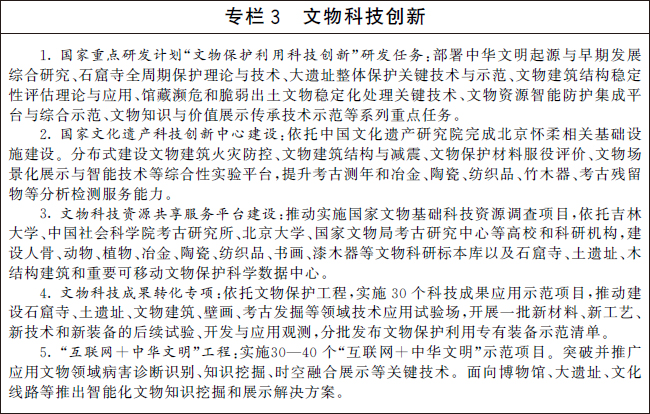
Five, improve the ability of archaeological work and the level of scientific and technological archaeology.
Adhere to the basic and guiding role of archaeology in the protection and utilization of cultural relics, strengthen the overall planning and policy supply for archaeological work, improve the system of "archaeology first, then transfer", improve the archaeological and protection level of ancient sites and tombs, and do a good job in excavating, sorting out and interpreting archaeological achievements.
(1) Strengthen archaeological and historical research.
Compile and implement the special plan for archaeological work in the 14 th Five-Year Plan. Systematically determine the key points of archaeological excavations, deepen the project of exploring the source of Chinese civilization, promote the major project of "Archaeological China", scientifically explain the key issues such as the origin of human beings, the origin of civilization, the formation of Chinese civilization, the establishment and development of a unified multi-ethnic country, and the important position of Chinese civilization in the history of world civilization, and reveal the historical and cultural value and core characteristics of Chinese civilization.
(2) Strengthen the protection of great sites.
Implement the "14th Five-Year Plan" for the protection and utilization of great sites, strengthen the leading role of National Cultural Heritage Administration, give full play to local enthusiasm, adhere to the principle of archaeology first, protection first, integrated development and innovation drive, systematically do a good job in archaeological research, space control, protection management and open display of great sites, and encourage all regions to innovate the system and mechanism for the protection, management and utilization of great sites according to local conditions.
(3) Improve the archaeological system of construction projects.
In the construction of new urbanization, we will promote related archaeological work as a whole, delimit a number of underground cultural relics burial areas, and pilot the implementation of the archaeological regional evaluation mechanism for construction projects. Strengthen the supervision of archaeological projects before land storage, storage and transfer. Improve the funding channels for archaeological work in construction projects. The land that may have historical and cultural remains after being approved by the competent department of cultural relics shall be subject to the system of "archaeology first, then transfer". Before archaeological investigation, exploration and excavation are completed according to law, in principle, it shall not be put into storage or transferred. The specific spatial scope shall be determined by the competent department of cultural relics in consultation with the competent department of natural resources. Strengthen the management of archaeological excavation qualification, and actively attract social forces to participate in the archaeological investigation and exploration of construction projects according to laws and regulations. Improve the archaeological supervision system.
(4) Strengthen frontier archaeology and underwater archaeology.
Give priority to the development of frontier archaeology, focusing on strengthening the archaeological research of Xinjiang, Tibet, Northeast China and South Island language families. Incorporate the management of underwater cultural relics resources into the marine land space planning and the water conservancy special project of land space planning, and explore the establishment of the archaeological work system for sea, lake and river construction projects. Carry out underwater archaeological regional surveys in key coastal areas such as Zhejiang, Fujian and Shandong, and announce a number of cultural relics protection units and underwater cultural relics protection areas. Orderly carry out underwater archaeological excavations and the protection of cultural relics in the South China Sea, the East China Sea, the Yellow Sea and the Bohai Sea.
(5) Vigorously develop scientific and technological archaeology.
Strengthen the application of modern science and technology in archaeology, encourage multidisciplinary cooperation, and promote the development of scientific and technological archaeology branches such as scientific and technological dating, environmental archaeology, animal archaeology, plant archaeology, metallurgical archaeology, isotope analysis, trace element analysis, DNA research, and organic residue analysis. Carry out archaeological site cultural relics protection, information extraction and laboratory archaeological technology research, and improve the ability to protect unearthed cultural relics in the first place. Vigorously develop digital archaeology and improve the level of archaeological information collection management, comprehensive analysis and research and application. Construction of national key regional archaeological specimen warehouse.
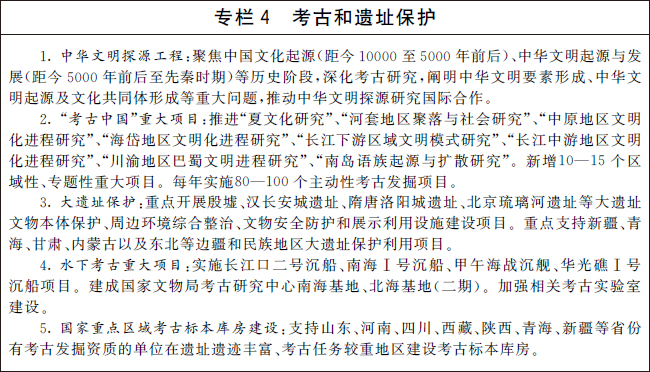
VI. Strengthening the protection of cultural relics and historic sites
Adhere to the overall protection of the system, improve the mechanism of cultural relics protection, improve the management system of cultural relics protection projects, give play to the demonstration effect of key projects, and improve the level of cultural relics protection.
(1) Strengthen the systematic protection of important cultural relics.
Implement the protection and repair project of important wooden structure cultural relics buildings. Strengthen the protection and repair of important points of linear cultural heritage such as the Great Wall, the Grand Canal, the Silk Road and the Middle East Railway. Implementation of the national key cultural relics protection units, provincial cultural relics protection units concentrated area protection and upgrading projects, the overall protection of cultural relics and improve the surrounding environment. We will implement the systematic protection of cultural relics in the Yellow River, strengthen the protection of cultural relics and heritage in the Yangtze River, and promote the protection and utilization of cultural relics in the functional core area of the capital and the Three Gorges reservoir area. Strengthen the protection and management of cave temples and improve the coordination mechanism for the protection and research of cave temples at the national and regional levels.
(2) Coordinating the protection of cultural relics in urban and rural areas.
Protect and continue the urban context with cultural relics as the carrier, combine cultural relics protection with old city protection and urban renewal, and strengthen ontology protection and style control. Strengthen the protection and utilization of cultural relics in historical and cultural cities, towns and villages, historical and cultural blocks and scenic spots, and improve the relevant approval, protection management, inspection and notification, assessment and rectification, and endangered revocation mechanisms. We will strengthen the protection of traditional villages that are concentrated in national key cultural relics protection units and provincial cultural relics protection units, and promote the coordinated development of cultural relics protection and utilization with the construction of public cultural facilities and the improvement of living environment. Continuously improve the preservation of low-level cultural relics.
(three) to strengthen the supervision and management of cultural relics protection projects.
Improve the mechanism of rescue protection for cultural relics protection units with major dangers and major hidden dangers. Implement research-oriented cultural relics protection projects, issue technical regulations, and support the production of traditional materials and the inheritance of building skills for the renovation of cultural relics. Improve the management system of survey, design, construction and supervision of cultural relics protection projects. Focus on exploring and implementing the integration of design and construction of cultural relics protection projects in the fields of cave temples and painted murals. We will build a national cultural relics protection engineering center and an online platform for the whole process management of cultural relics protection projects, and cultivate quality supervision institutions for cultural relics protection projects.
(4) Strengthening the protection and management of world heritage.
Focus on promoting the cultural landscape of ancient tea forest in Jingmai Mountain, Pu ‘er, Yunnan, the central axis of Beijing, the Xixia Mausoleum, the ancient water town in the south of the Yangtze River, the Maritime Silk Road, Erlitou Site and Jingdezhen Imperial Kiln Site, and cultivate preparatory projects such as Sanxingdui Site, Wanli Tea Ceremony and Fishing City Site. Strengthen the Silk Road cultural heritage protection and international cooperation mechanism. Improve the connection system of world heritage monitoring and inspection supervision, and build 5-mdash; Monitoring and early warning platforms for 10 world cultural heritage sites. Increase the publicity of world heritage research and exhibition.
(five) to improve the preventive protection ability.
Guidelines for the preventive protection of immovable cultural relics will be compiled, and normalized and standardized preventive protection will be carried out at three levels: cultural relics protection units, cities and counties with particularly rich cultural relics, and provinces, so as to basically realize the transformation of national key cultural relics protection units from rescue protection to preventive protection. Cultivate preventive protection institutions and support competent scientific research institutions to participate in preventive protection.
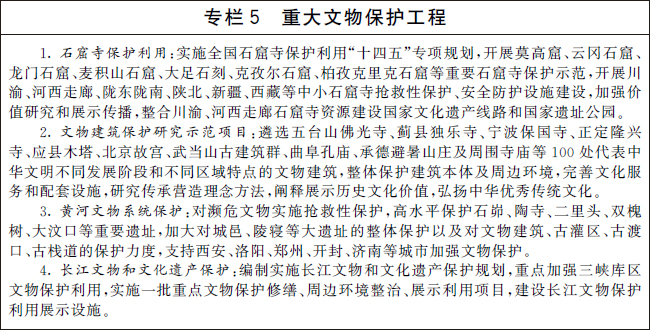
Seven, strengthen the protection and management of revolutionary cultural relics.
Adhere to the protection first, give full play to the important role of revolutionary cultural relics in party history study and education, revolutionary tradition education, patriotism education, etc., make good use of red resources, carry forward the red blood, carry forward revolutionary culture, and draw on the strength of forge ahead.
(1) Strengthen the protection of revolutionary cultural relics.
Systematic investigation and collection of revolutionary cultural relics and related historical materials. Strengthen scientific protection and systematic protection, further improve the system of regular inspection, daily maintenance management and safety prevention of revolutionary cultural relics, and implement a number of revolutionary site maintenance and protection projects, collection revolutionary cultural relics protection and restoration projects and revolutionary cultural relics research protection projects. Strengthen overall protection, promote the overall planning, contiguous protection and overall display of revolutionary cultural relics protection and utilization areas, and play a leading role in demonstration. We will continue to improve the preservation of immovable revolutionary cultural relics at all levels.
(2) Improve the display level of revolutionary cultural relics.
Optimize the regional layout of revolutionary museums and memorial halls, guide and support a number of revolutionary museums and memorial halls, and strengthen the protection and exhibition of historical relics in communist party, China. Seriously sum up the successful experience of the exhibition of revolutionary cultural relics celebrating the centenary of the founding of the Communist Party of China (CPC), and combine with the important time nodes such as commemorating the 110th anniversary of the Revolution of 1911, the 85th anniversary of the victory of the Red Army’s Long March, the 75th anniversary of the founding of People’s Republic of China (PRC), the 80th anniversary of the victory of China people’s War of Resistance against Japanese Aggression, and the 75th anniversary of Chinese people’s Volunteer Army’s war to resist U.S. aggression and aid Korea, adhere to the unity of politics, ideology and artistry, and plan to launch the exhibition of revolutionary cultural relics. Rational use of modern scientific and technological means to enhance the expressive force, communication and influence of revolutionary cultural relics exhibition. Promote the joint exhibition of revolutionary cultural relics.
(3) Strengthen the research and interpretation of revolutionary cultural relics.
Integrate the research strength of cultural relics, party history, military history, archives and local chronicles, strengthen the research on the protection and utilization of revolutionary cultural relics, collect materials, documents, archives, historical materials and oral history, excavate the profound connotation of revolutionary cultural relics, launch important research results, take a clear-cut stand against and resist historical nihilism, continue to carry forward the great spirit of party building, and inherit and carry forward the spirit of Jinggangshan, Long March, Zunyi Conference, Yan ‘an, Xibaipo, Hongyan and Hongyan.
(4) expand the use of revolutionary cultural relics.
Improve the opening level of the former revolutionary site and improve the facilities of important revolutionary memorial sites. Make good use of revolutionary cultural relics resources, hold national and mass commemorative activities, and actively carry out youth education activities. Innovate the way of propaganda and dissemination of revolutionary cultural relics and strengthen the construction of cyberspace of revolutionary cultural relics resources. Relying on revolutionary cultural relics resources to open up public cultural space, develop red tourism and red study tour, create red classic scenic spots and boutique routes, and help rural revitalization and the revitalization and development of old revolutionary areas.
(5) Deepening the work on revolutionary cultural relics.
Serve the "Four History" study and education well, especially study and determine a number of important landmarks around major events and important nodes in various historical periods in the Communist Party of China (CPC), promote the conditional opening of important construction projects, scientific projects and national defense projects to the public, and vividly demonstrate the powerful spiritual power contained in revolutionary cultural relics.
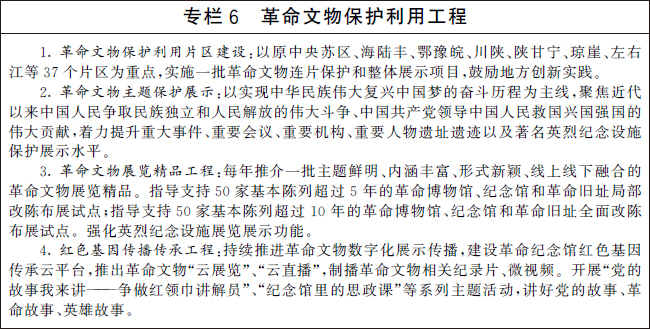
Eight, stimulate the museum’s innovative vitality.
Adhere to the public welfare attribute, highlight social benefits, coordinate the development of museums in different regions, levels, attributes and types, improve the level of equalization, convenience and diversification of museum public services, do a good job in the prevention and control of normalized epidemics, and continuously promote the reform and development of museums.
(1) Optimize the layout of museums.
Implement the plan to create a world-class museum with China characteristics. Support the characteristic development of provincial and important municipal museums. Revitalize the resources of grassroots museums. Explore the establishment of a joint certification and co-construction and co-management mechanism for industry museums. Standardize and support the development of non-state-owned museums, implement support policies, and promote the confirmation of property rights of non-state-owned museums in accordance with laws and regulations. Conscientiously implement the relevant examination and approval procedures, promote the construction of a number of contemporary theme museums and industry museums that reflect the achievements of the party and the country in an orderly manner, focus on supporting the construction of national key thematic museums that reflect the development of Chinese civilization, and advocate the construction of characteristic thematic museums. Explore the construction of a "museum city" in areas rich in cultural resources.
(two) to lay a solid foundation for the protection and management of museum collections.
Improve the management ability of museum collections, improve the collection registration mechanism, promote the standardization and informatization construction of collection files, and gradually promote the electronic identification of collections. Implement the protection and restoration plan for precious and endangered cultural relics and fragile cultural relics in the collection, and integrate scientific research into the whole process of protection and restoration to improve the level of protection and restoration of cultural relics in the collection. Strengthen preventive protection, make full use of scientific research results and environmental monitoring data, improve the preservation environment of museum collections, and promote the construction of diversified, low-cost and high-efficiency collection preservation facilities and equipment systems. Accelerate the digitization of museum collections, improve the collection database, and increase the openness of basic information.
(3) Improve the service capacity of museums.
Improve the quality of museum exhibitions and strengthen the exploration and interpretation of the value of collections. Support joint exhibitions, roving exhibitions, mobile exhibitions and online exhibitions of museums. Explore the independent curator system and launch more original theme exhibitions. Promote the theme exhibition "Promoting Chinese excellent traditional culture and cultivating socialist core values". Extensive and in-depth activities to celebrate traditional festivals and anniversaries in museums. Formulate museum education service standards, enrich the museum education curriculum system, and support universities, primary and secondary schools to use museums to carry out research practice and popular science activities. Implement a number of demonstration projects for the construction of smart museums, and study and formulate relevant standards and norms. Promote the museum to develop online digital experience products and provide new cultural travel services such as immersive experience, virtual exhibition hall and high-definition live broadcast.
(4) Innovating the management system and mechanism of museums.
Further improve the free opening mechanism of museums. Promote the construction of the Council system of state-owned museums and non-state-owned museums by classification, and establish and improve the decision-making implementation and supervision and consultation mechanism. For some newly-built museums that meet the requirements, under the premise of not changing the ownership of the collection and ensuring the safety, after approval, we can explore the pilot reform of the separation of asset ownership, collection ownership and open operation rights of state-owned museums, giving museums greater autonomy in running the museum. Improve the incentive mechanism and strengthen performance appraisal and dynamic management. Promote the market-oriented reform of museum public services and implement the "museum+"strategy.
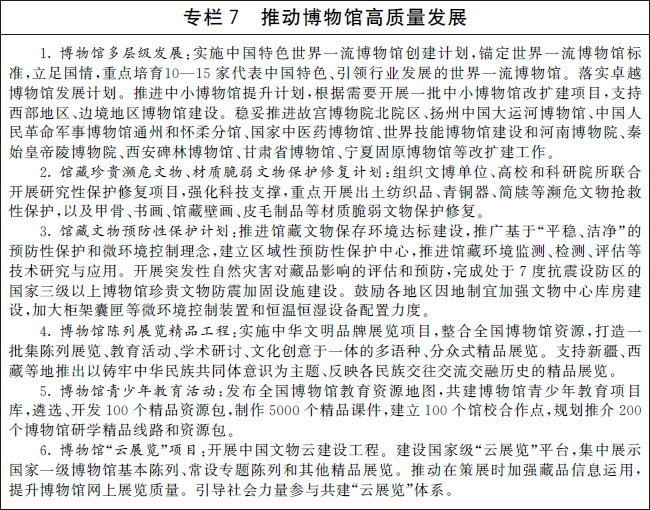
Nine, optimize social cultural relics management services
Adhere to the priority of social benefits, strengthen the guidance, management and service of folk collections, improve the legal circulation and trading system and mechanism of cultural relics, optimize the identification service of cultural relics and the supervision of cultural relics entering and leaving the country, and improve the system of recourse and return of lost cultural relics.
(1) Promoting the healthy and orderly development of the cultural relics market.
Create a healthy cultural relics market environment, cultivate a modern cultural relics market system, and optimize the regional layout of cultural relics market. Strengthen the role of cultural relics shops, explore ways to lower the threshold of quasi-operation of cultural relics shops, and promote the reform of state-owned cultural relics shops. Cultivate a number of cultural relics auction leading enterprises with market reputation and international influence, and support small and medium-sized cultural relics business entities. Support the development of modern business methods, promote the online and offline integration of the cultural relics market, and support the development of new formats such as online display, trading and customized services. We will improve the registration and trading system of folk cultural relics, build a national cultural relics market information and credit management system, and improve the cultural relics circulation credit system and the coordinated supervision mechanism of the whole process of the cultural relics market.
(2) Establish a multi-level cultural relics appraisal service system.
Strengthen the construction of cultural relics appraisal and evaluation institutions involved, and do a good job in related appraisal in criminal, civil and administrative fields. Support cultural and cultural institutions and social forces to explore the establishment of cultural relics appraisal institutions, and provide appraisal services that combine public welfare consultation with business activities. Implement the identification of professional skill level of cultural relics identification. Strengthen the basic research, scientific and technological support and personnel training of cultural relics appraisal, and accelerate the joint research and application promotion of scientific and technological auxiliary appraisal. We will improve the mechanism for receiving and designating the collection of confiscated cultural relics.
(three) to improve the level of cultural relics entry and exit management services.
Improve the management system of cultural relics entry and exit audit, and strengthen the construction of team and management capacity. Formulate and revise the national standards for cultural relics exit appraisal to prevent the loss of precious cultural relics. Explore the establishment of a cultural relics entry registration system. Actively study and adjust the tax policy for imported collections of state-owned public welfare collection units. Optimize the temporary entry and exit management services of cultural relics, and support the development of derivative formats such as storage and display of cultural relics. We will improve the joint prevention and control mechanism of cultural relics entering and leaving the country, and strengthen risk control and law enforcement cooperation.
(four) to build a normal work pattern of cultural relics recovery and return.
Improve laws and regulations, do a good job in connecting with relevant international conventions, strengthen the international coordination mechanism, and strengthen the construction of special forces. Establish an information release mechanism for illegally lost cultural relics in China, strengthen the investigation and monitoring of lost overseas cultural relics, strengthen the construction of stolen cultural relics databases in China and foreign countries, and promote the digital restoration and sharing of lost cultural relics such as Dunhuang suicide notes. The establishment of the "International Day against Illicit Trafficking in Cultural Property" China home activity mechanism, and guide social forces to participate. Deeply participate in international governance, strengthen bilateral and multilateral cooperation, and promote the improvement of international rules.
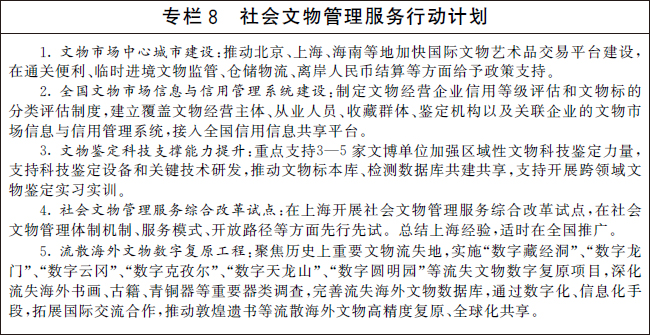
Ten, vigorously promote the cultural relics to live.
Adhere to creative transformation and innovative development, deeply explore and widely spread the cultural essence and value of the times contained in cultural relics, innovate the rational use of cultural relics, shape the historical cognition of the whole nation, and promote the comprehensive integration of cultural relics protection and utilization into economic and social development.
(a) relying on cultural relics to promote the construction of Chinese civilization logo system.
We will build national cultural parks such as the Great Wall, the Grand Canal, the Long March and the Yellow River, promote the protection and utilization of cultural relics and heritage in the Yangtze River, strengthen the protection of regional cultural relics systems, strengthen the collaborative innovation of rational utilization of cultural relics, and focus on creating an important symbol of Chinese civilization with a series of cultural relics resources with clear themes, clear connotations and outstanding influence as the main line. Relying on national key cultural relics protection units, world heritage, etc., promote national cultural landmarks and spiritual signs, pilot the promotion of national cultural heritage routes, and promote cultural relics protection research and cultural interpretation and dissemination.
(2) Strengthen the public cultural service function.
Guide cultural relics protection units and museums to give full play to the role of public education and cultural services, so as to make the cultural heritage displayed on the vast land alive. Improve the management mechanism of national archaeological sites parks, improve the level of operational services, encourage social forces to participate, implement "one park, one policy" and evaluate and monitor. Increase the opening and utilization of cultural relics buildings, encourage them to be turned into public cultural facilities or places according to local conditions, and highlight outstanding cases that have produced good social benefits. Properly handle the relationship between protection and development, and promote cultural relics protection units and museums to become characteristic tourist destinations and models of civilized tourism. Publish the directory of China’s cultural relics, and promote cultural relics research tours, experience tours and boutique routes.
(3) Strengthen the interpretation and dissemination of cultural relics.
Integrate multimedia resources, strengthen content construction, innovate expression methods, expand communication channels, promote the all-media communication of important cultural relics, and introduce the concept and practice of cultural relics protection and utilization. Strengthen the dissemination of archaeological and historical research results, and hold innovative activities such as Cultural and Natural Heritage Day, International Museum Day and International Monuments and Sites Day. Accelerate the construction of a national cultural relics media platform.
(4) Actively guide social forces to participate.
Expand the participation path of social forces, encourage social capital investment, promote the implementation of civilized watch project, and promote social forces such as saving old houses, cultural relics adoption, cultural relics protection volunteers, and cultural relics voluntary inspectors to participate in practice. We will improve the development mechanism of cultural and creative products in cultural relics units, promote intellectual property rights related to cultural relics resources and brand authorization operation guidelines, and support the formation of a number of influential cultural and creative brands.
(5) Deepening the reform of the protection and utilization of cultural relics.
Innovate the protection and utilization mechanism of cultural relics, strengthen the protection and utilization of cultural relics and cultural heritage, and build a national demonstration zone for the protection and utilization of cultural relics. We will improve the management system of state-owned cultural relics resources and assets, promote the information sharing of cultural relics resources and assets management, and deploy and carry out relevant pilot work. Improve the support policies for all parties to participate in the protection and utilization of cultural relics, and protect the legitimate rights and interests of stakeholders. Explore innovative ways to support areas with dense cultural relics resources. Building a national think tank in the field of cultural relics.
(6) Promoting coordinated regional development.
We will accelerate the modernization of the cultural relics management system and capacity in the eastern region, improve the quality and efficiency of cultural relics protection and utilization in the central and western regions and the northeast region, and increase support for the protection and utilization of cultural relics in old revolutionary areas, ethnic areas, border areas and poverty-stricken areas. Around the Beijing-Tianjin-Hebei coordinated development, the development of the Yangtze River Economic Belt, the construction of Guangdong-Hong Kong-Macao Greater Bay Area, the integrated development of the Yangtze River Delta, the ecological protection and high-quality development of the Yellow River Basin and other major regional strategies, we will innovate the cooperative mechanism of regional cultural relics protection and utilization and the cooperative mechanism of urban agglomerations. Deepen the cultural heritage cooperation between the mainland and Hong Kong and Macao, promote cross-strait cultural heritage exchanges and cooperation, and promote compatriots across the Taiwan Straits to jointly inherit and innovate and develop Chinese excellent traditional culture.
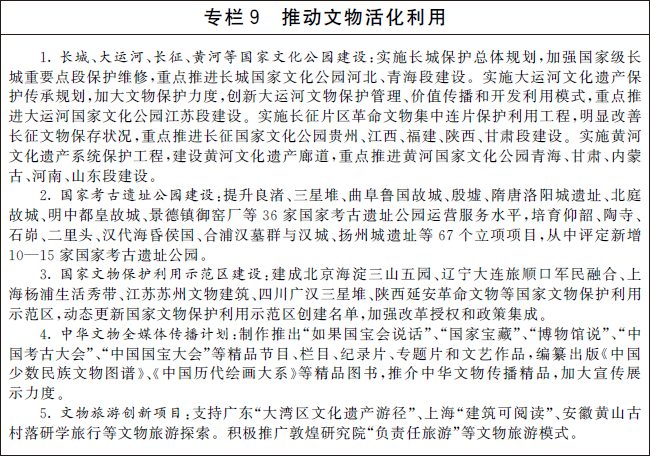
XI. Strengthening international exchanges and cooperation in cultural relics.
Adhere to the principle of taking me as the mainstay and taking everything into consideration, improve the international exchange and cooperation mechanism of cultural relics, innovate the transformation path of achievements and the way of dissemination and promotion, promote international exchange and cooperation of cultural relics to become an important starting point and carrier for building the "Belt and Road", tell the story of China well to the whole world, and promote exchanges and mutual learning between Chinese and foreign civilizations.
(1) Serving the overall situation of the country’s diplomatic strategy.
Promote the international exchange and cooperation of cultural relics into the top-level design of national diplomacy, international communication and foreign aid, strengthen overall coordination and optimize the allocation of resources and forces. Deepen exchanges and cooperation with countries along the Belt and Road in the fields of cultural relics protection and restoration, archaeology, museums, academic research, personnel training, etc., promote cultural relics protection and restoration cooperation projects such as Angkor monuments in Cambodia, nine-story temples in Nepal, Tabingyu stupa in Myanmar, and continue to carry out joint archaeology between China and foreign countries. We will carry out Asian cultural heritage protection actions, build a normalized cooperation mechanism and exchange platform, and jointly implement a number of Asian-themed cooperation projects such as earthen ruins, wooden buildings, paper cultural relics and silk protection. Encourage relevant domestic institutions and overseas research institutions to jointly carry out comparative research on early civilizations.
(2) Strengthening the capacity building of international communication.
Create a brand of cultural relics publicity, show the profound Chinese civilization to the international community, and make clear the brilliant achievements of Chinese civilization and its great contribution to human civilization. Strengthen exchanges and cooperation between Chinese and foreign cultural relics exhibitions, organize and plan excellent outbound exhibitions, and actively introduce excellent outreach. Use digital technology, integrate online and offline communication methods, make full use of the advantages of Hong Kong and Macao in cultural exchanges between China and foreign countries, give full play to the positive role of the country’s overseas cultural positions, promote the construction of cooperative communication bases with foreign cultural relics institutions, and enhance the efficiency of international cultural communication.
(3) Deeply participating in the international governance of cultural heritage.
Deepen international cooperation in the fields of rescue and protection of endangered cultural heritage, combating illegal trafficking of cultural property, protection of cultural heritage in armed conflict areas, protection of underwater cultural relics, management of world cultural heritage, recovery and return of lost cultural relics, museums, etc., actively fulfill international responsibilities and enhance China’s right to speak. Build an international think tank of cultural heritage and strengthen the training of professionals.
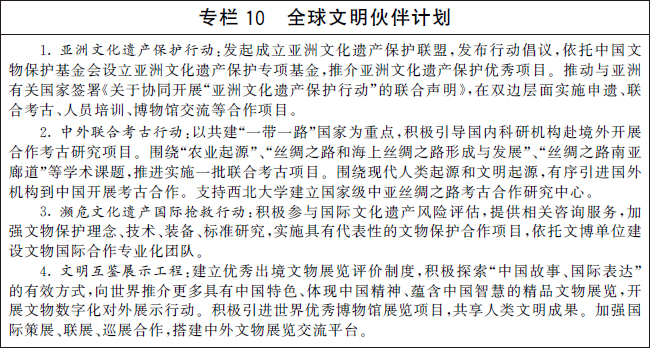
Twelve, strengthen the cultural relics talent team
Adhere to the principle that cultural relics protection can only be strengthened but not weakened, comprehensively promote the construction of discipline structure, management institutions and professional teams that match the scale of cultural relics resources and the tasks of cultural relics protection and utilization, constantly improve the cultural and art personnel training system, innovate the talent mechanism, and carry forward the practice of "Mogao spirit", so that the cultural relics cause will be followed by successors and talents will emerge in large numbers.
(a) to promote the construction of cultural relics and archaeological disciplines.
Sort out the discipline framework in the field of cultural relics and improve the discipline system, academic system and discourse system of cultural relics. Strengthen the construction of disciplines related to cultural relics science and technology, and carry out research on scientific and technological innovation of cultural relics. Promote the construction of disciplines and courses related to archaeology, give active support to archaeology and other related majors through the "special enrollment plan for the urgent need of high-level talents training in key areas of the country", and promote qualified institutions of higher learning to appropriately expand the setting and enrollment scale of archaeology-related majors and build a number of first-class archaeology majors. In the national social science fund, we will increase support for archaeological research of cultural relics and set up a series of research topics. Adding the direction of "Cultural Relics Protection Science" in the field of integrated science of National Natural Science Foundation. Vigorously develop vocational education majors such as cultural relics restoration and protection, cultural relics archaeology technology, cultural relics display and utilization technology, and cave temple protection technology, guide cultural and art units to deeply participate in vocational education, encourage schools and enterprises to jointly build internship and training bases, and support masters, famous teachers and craftsmen in the field of cultural relics to participate in education and teaching activities on campus.
(two) to build a multi-level cultural relics personnel training system.
Cultivate a group of high-level cultural relics talents focusing on leading talents and young and middle-aged backbone innovative talents, strengthen the training of talents in urgently needed fields such as archaeology, scientific and technological innovation, cultural relics appraisal, cultural relics restoration and cultural relics exhibition, accelerate the construction of a team of cultural relics skilled personnel with complete categories and exquisite skills, steadily cultivate a team of cultural relics scientific and technological talents with excellent scientific and technological research and development capabilities and technical application capabilities, and temper a team of cultural relics management talents with good professional knowledge and quality. Strengthen the training of cultural relics protection talents in related industries.
(3) Stimulate the innovative vitality of cultural relics talents.
Care for cultural relics workers, improve the talent incentive mechanism, and support and encourage more outstanding professionals and young talents to engage in cultural relics protection research. Establish and improve the cultural relics talent system with standardized management, scientific evaluation and effective incentives. Implement a more active and open talent policy, recruit and introduce high-level talents through multiple channels, and innovate the employment methods of cultural relics skilled talents. Promote cultural and cultural institutions to establish an income distribution mechanism that reflects the value of innovative elements. In accordance with the relevant provisions of the state, cultural relics workers who have made outstanding contributions shall be commended and rewarded.
(four) to build a strong team of cultural relics institutions.
Further strengthen the protection of cultural relics at all levels and the construction of archaeological teams, expand the number of qualified units for archaeological excavation, and verify and implement quantitative standards for cultural relics protection and the allocation of archaeological professionals according to the intensity of cultural relics resources. Continue to strengthen the construction of grassroots cultural relics protection research team and maintain the stability of the team. Support the participation of social forces and build a multi-channel grassroots cultural relics protection and care mechanism. Co-ordinate existing resources, strengthen the construction of scientific research cultural and cultural units, and create a number of highlands for cultural relics protection, research and inheritance.
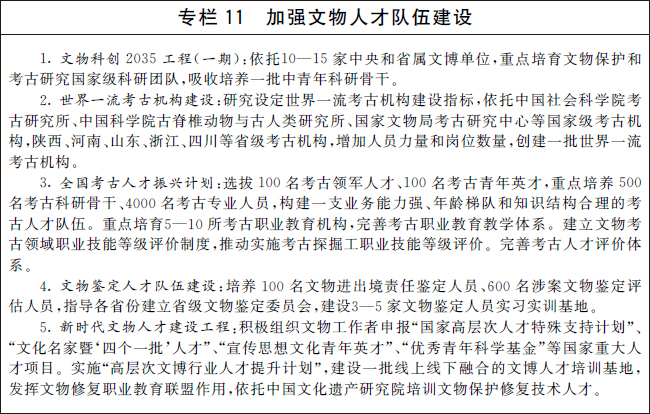
Thirteen, strengthen the planning and implementation of security.
Adhere to the overall leadership of the party, comprehensively administer according to law, better perform government duties, improve the guarantee mechanism for planning and implementation, stimulate the enthusiasm of all sectors of society to participate in planning and implementation, and form a strong synergy for the protection and utilization of cultural relics.
(1) Strengthen organizational leadership.
All relevant departments in various regions should formulate specific implementation plans according to the actual situation and implement the main responsibility of cultural relics protection. The people’s governments of all provinces, autonomous regions and municipalities directly under the Central Government should incorporate the objectives and tasks proposed in this plan into the economic and social development plan, refine the tasks and make concerted efforts to promote them. All relevant departments should, according to the division of responsibilities, ensure the implementation of major tasks and major engineering projects, strengthen policy supply and resource element support, and strengthen work coordination. The Ministry of Culture and Tourism and National Cultural Heritage Administration should strengthen the organization and coordination of the implementation of this plan.
(2) Strengthening the rule of law.
We will improve the system of laws and regulations in the field of cultural relics, promote the revision of the law on the protection of cultural relics and supporting administrative regulations, revise the regulations on the protection of underwater cultural relics and the regulations on the protection of the Great Wall, carry out research on legal systems in the protection of the Forbidden City, ancient books, the Grand Canal and the Long March cultural relics, strengthen the connection between laws in the field of cultural relics and other laws, and encourage all provinces, autonomous regions, municipalities directly under the Central Government and cities divided into districts to formulate local laws and regulations on the protection of cultural relics. Deepen the reform of cultural relics supervision and cultural relics administrative law enforcement. Establish and improve the public interest litigation system for cultural relics protection. Strengthen the publicity of cultural relics under the rule of law and safeguard legal authority.
(3) Improve financial support policies.
All relevant departments in various regions should adjust and optimize the expenditure structure, and give priority to supporting major tasks and major engineering projects determined in this plan. We will implement the reform plan for the division of financial powers and expenditure responsibilities between the central and local governments in the field of public culture, broaden the investment channels for scientific and technological innovation of cultural relics, and increase support for archaeological and historical research. Give play to the guiding role of investment in the central budget such as cultural protection, inheritance and utilization projects. Publicize the guiding catalogue of government purchasing public services in the field of cultural relics, and actively encourage social forces to participate in cultural relics protection and scientific and technological innovation.
(4) Strengthen the implementation of the plan.
Establish an inter-ministerial coordination mechanism for the implementation of the 14th Five-Year Plan for the protection of cultural relics and scientific and technological innovation, led by the Ministry of Culture and Tourism and National Cultural Heritage Administration, with the participation of the Central Propaganda Department, the National Development and Reform Commission, the Ministry of Science and Technology, the Ministry of Finance, the Ministry of Natural Resources, the Ministry of Housing and Urban-Rural Development and other relevant departments. Strengthen the connection of planning, and ensure that all kinds of planning in the field of cultural relics are in harmony with this planning in terms of main objectives, development direction, major policies and major projects. Carry out dynamic monitoring, mid-term evaluation and summary evaluation of the implementation of the plan, and take the monitoring and evaluation results as an important basis for improvement and performance appraisal. The Ministry of Culture and Tourism and National Cultural Heritage Administration should strengthen the supervision and inspection of the implementation of this plan, and timely report to the CPC Central Committee and the State Council for instructions in major cases.

